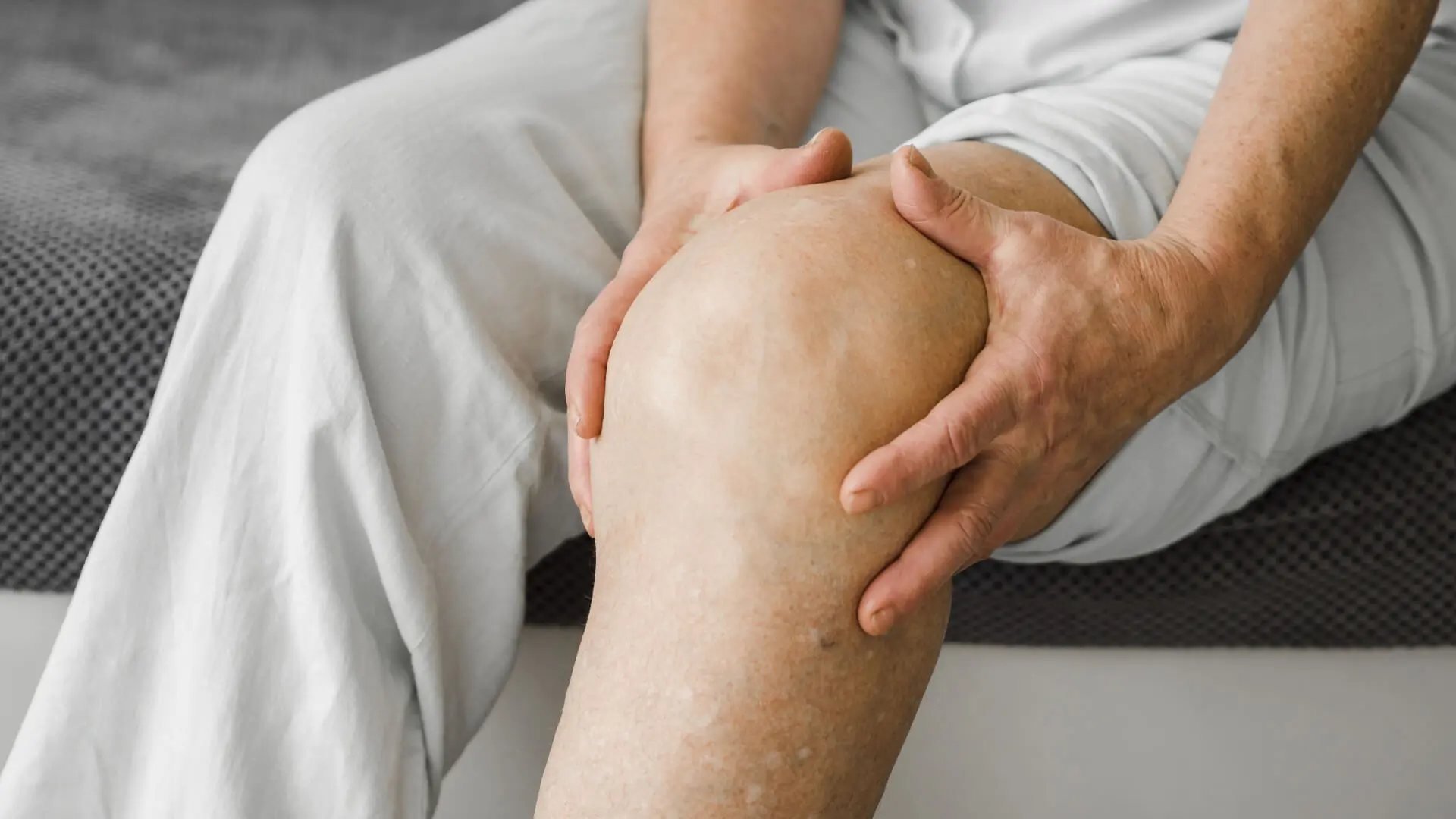Recovering from a hip or knee fracture can be challenging, particularly when it comes to managing pain. Hip and knee fractures can result in various types of pain, either immediately after the injury or post-surgery. This pain may vary from aching or throbbing to sharp and severe and can affect not only physical recovery but also mental well-being.
Managing pain effectively post-fracture is essential to encourage mobility, prevent complications, and support a positive recovery experience. Here, we’ll explore a range of pain management strategies designed to support individuals recovering from these types of injuries.

Recovering from a hip or knee fracture can be challenging, particularly when it comes to managing pain. Hip and knee fractures can result in various types of pain, either immediately after the injury or post-surgery. This pain may vary from aching or throbbing to sharp and severe and can affect not only physical recovery but also mental well-being. Managing pain effectively post-fracture is essential to encourage mobility, prevent complications, and support a positive recovery experience. Here, we’ll explore a range of pain management strategies designed to support individuals recovering from these types of injuries.
Medications for Fracture Pain
Medications are often one of the first tools used for pain management after a hip fracture. The choice of medications for fracture pain depends on the severity of the pain and each individual’s health profile.
Nonsteroidal anti-inflammatory drugs (NSAIDS) may help reduce inflammation and provide moderate pain relief. Paracetamol can be effective when used for milder pain and may be taken alongside other medications if recommended by a doctor. For intense pain, opioids may be prescribed, typically for short-term use due to the risk of dependence.
It’s essential to follow Dr Yas Edirisinghe’s guidance closely when using pain medications, especially with opioids, due to potential side effects. Adjustments in dosage or medication type may be needed based on individual tolerance and recovery progress.
Physical Therapy for Pain Management
Physical therapy plays a vital role in pain management and helps restore strength and mobility. Guided exercises and movement therapies can relieve stiffness, improve range of motion, and speed up the healing process. A physical therapist may introduce the following physical therapy for pain management techniques as part of a rehabilitation program:
- Range-of-Motion Exercises: These gentle exercises maintain joint flexibility and reduce stiffness.
- Strengthening Exercises: Targeted exercises for muscles around the hip or knee can relieve strain and help you return to normal activities.
- Modalities for Pain Relief: Techniques such as electrical stimulation, ultrasound therapy, and hydrotherapy can also alleviate pain and improve function.
By participating in regular therapy sessions, patients can gradually reduce pain and regain independence. The pace of therapy will depend on individual progress and tolerance.
Alternative Pain Relief Techniques
In addition to medications and physical therapy, alternative pain relief techniques offer non-pharmaceutical options for knee fracture pain relief strategies. These approaches can complement traditional treatments and are beneficial for overall relaxation and stress relief. Some alternative pain relief techniques include:
- Heat and Cold Therapy: Alternating between hot and cold compresses helps to reduce inflammation and soothe sore muscles. Cold therapy is generally applied within the first few days post-injury, while heat can be more useful in relieving muscle tension as recovery progresses.
- Massage Therapy: Gently massaging of the surrounding muscles can improve circulation and reduce pain.
- Acupuncture: Some patients find relief through acupuncture, which may help reduce pain by stimulating nerve pathways.
- Relaxation Techniques: Mindfulness, deep breathing, and guided meditation techniques are excellent tools to reduce stress, which can amplify pain perception. Incorporating these practices can enhance pain management and support mental well-being.
Lifestyle Adjustments for Recovery
Certain lifestyle choices can also influence pain levels and recovery outcomes. Making mindful lifestyle adjustments for recovery can support pain relief and improve your body’s ability to heal.
- Balanced Diet and Hydration: Proper nutrition is essential for healing. A balanced diet with sufficient protein, vitamins, and minerals promotes tissue repair while staying hydrated prevents muscle cramps and maintains energy levels.
- Positive Mindset and Goal Setting: Maintaining a hopeful outlook, setting small, achievable goals, and celebrating milestones can help reduce stress and improve pain tolerance.
- Sleep and Rest: Quality sleep is essential for recovery. Creating a comfortable sleep environment and practising good sleep hygiene can improve overall pain management.
Communicating with Healthcare Providers
Communicating with healthcare providers is key to managing pain effectively. Regular follow-up appointments allow Dr Edirisinghe and the Ortho Precision team to assess your pain levels and adjust your treatment plan as needed. Don’t hesitate to discuss any concerns, side effects, or changes in pain with Dr Edirisinghe. Adjustments to medications, physical therapy routines, or alternative treatments can be made to optimise your pain relief and support a smoother recovery journey.
Managing pain after a hip or knee fracture is essential for both physical and emotional recovery. By working closely with healthcare providers and adopting a well-rounded approach, individuals recovering from fractures can significantly improve their quality of life and enhance their recovery process. Effective pain management after a hip or knee fracture not only promotes comfort but also helps individuals regain their independence and return to their favourite activities.
Contact Dr Yas Edirisinghe at Ortho Precision for more information on how to effectively manage pain after a hip or knee fracture.
